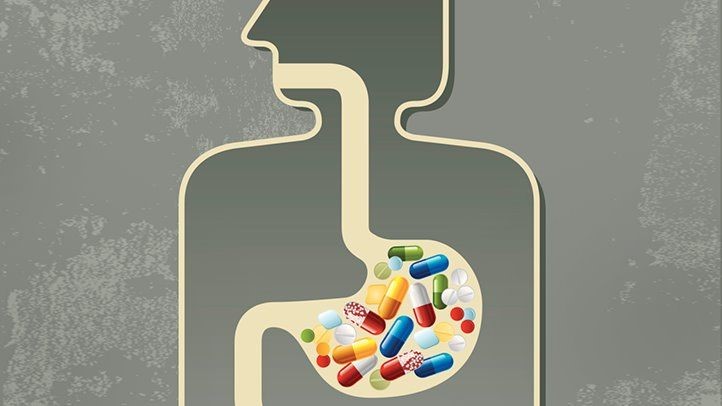Health & Fitness
You may not be absorbing vitamins to the utmost efficiency. Here’s how to tell

Did you know that you may not be absorbing all the vitamins and minerals from the food you eat? This could be due to a lack of digestive enzymes, problems with your gut flora or even a deficiency in nutrient absorption. Here’s how to tell if you’re not absorbing all the nutrients you need and some tips on how to improve your situation!
Genomic Testing
is a relatively new and innovative way to determine your body’s ability to absorb different nutrients. This testing can help identify any genetic variants that may be affecting your ability to digest certain foods or absorb certain vitamins and minerals.
If you are experiencing symptoms like fatigue, digestive issues, or weight loss, it could be an indication that you’re not absorbing all the nutrients from the food you eat. To address this issue, one of the first things you can try is to make sure you’re eating a balanced diet rich in healthy fats, protein, fruits and vegetables.
When using genomic testing to analyze your body’s abilities to absorb vitamins and nutrients, it’s also important to pay attention to other factors that can affect your health, such as your stress levels, sleep habits, and physical activity. You may want to consider making changes in these areas as well in order to optimize your overall health and nutrition.
At home testing kits are also available that can help you monitor your nutrient levels and identify any deficiencies. This can be a great way to track your progress as you work on improving your ability to absorb vitamins and minerals. With the right tools and strategies, there’s no reason why you can’t enjoy optimal health and vitality!
5 Foods That Improve Your Vitamin Absorption
- Fatty fish like salmon or sardines. These foods are rich in omega-3 fatty acids, which have been shown to improve nutrient absorption and help boost overall health. These healthy fats can also help improve your brain function, mood, and cognitive performance.
- Leafy greens like kale or spinach. Leafy greens are packed with vitamins, minerals, and antioxidants that can help improve your overall health and support optimal vitamin absorption.
- Probiotic-rich foods like yogurt or kefir. Consuming probiotics has been shown to enhance immune function and improve digestion, both of which can help you better absorb the nutrients from the food you eat.
- Cruciferous vegetables like broccoli or Brussels sprouts. These types of vegetables contain high levels of certain antioxidants that can help protect the gut lining and improve nutrient absorption.
- Citrus fruits like lemons or limes. Citrus fruits are a rich source of vitamin C, which has been shown to directly enhance nutrient absorption in the body. Using these foods in your cooking or incorporating them into your daily routine can help you get more out of the vitamins and minerals that you take in through food. With these simple tips, you can enjoy optimal health and reap all the benefits that come along with good nutrition!
If you’re not absorbing all the nutrients from the food you eat, don’t worry – there are things you can do to improve your situation. Start by making sure you’re eating a balanced diet rich in healthy fats, protein, fruits and vegetables. You may also want to consider using genomic testing to analyze your body’s abilities to absorb vitamins and nutrients. At home testing kits are also available that can help monitor your nutrient levels and identify any deficiencies. With the right tools and strategies, there’s no reason why you can’t enjoy optimal health and vitality!

